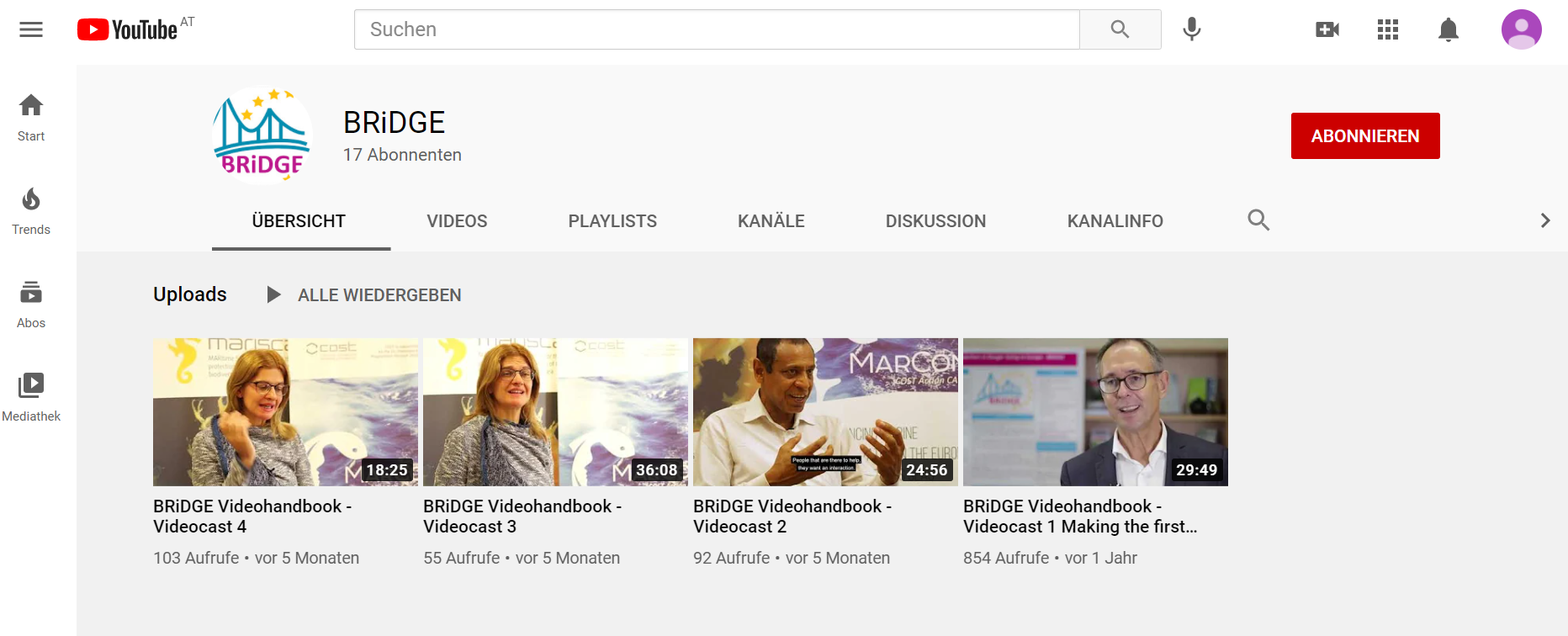Alexander von Humboldt Foundation
The Philipp Schwartz Initiative at the Alexander Humboldt Foundation (Germany) provides universities and research institutions in Germany with the means to host threatened foreign researchers for a period of 24 months on a fully funded research fellowship. An extension is possible under a co-financing model.
BRiDGE Projects (BRiDGE I & BRiDGE II)
BRiDGE gives an all-in-one solution for the localized guidance of refugee researchers (RRs) in the European Research Area (ERA) and enables the 40 EURAXESS country members in the ERA to identify and utilize the potential of RRs across Europe. It offers information resources, bridging programmes, mentoring programmes, internship programmes and training.
Cara – Council for At-Risk Academics
The Council for At-Risk Academics is a charitable British organisation. It provides urgently-needed help to academics in immediate danger, those forced into exile, and to many who choose to work on in their home countries despite serious risks. Cara also supports higher education institutions whose work is at risk or compromised. It also offers information resources and support for recognition.
German Academic Exchange Service DAAD
The DAAD has developed a set of targeted measures to enable universities to offer those who wish to study and possess sufficient academic qualification access to higher education.
Integrating Refugees in Higher Education – The “Integra” Funding Programme
Integra enables academically qualified refugees at German universities and preparatory colleges to prepare for admission to regular degree programmes. The measures integrate them in the higher education sector as quickly as possible.
"PROFI" Programme – Promoting Professional Integration of Academics with a Refugee Background in the German Labour Market
The PROFI Programme offers foreign academics with a refugee background a fast track to earning a university degree or certificate at a German institution of higher education. The aim is to provide highly qualified refugees in Germany better chances to participate and integrate in the German labour market.
Information for refugees, University of Copenhagen (Denmark)
Information for refugees about study programmes and job opportunities at the University of Copenhagen
Mapping Funds for at-Risk Scholars
Mapping Funds is a collaborative digital mapping effort to analyse diversified support networks and funds attributed to At-Risk Scholars in Turkey. It aims to sustain continuity of scientific production of at-Risk Scholars, expand the dialogue among scholar commons and open space for actors that construct the edges around the nodes.
Pause programme
The Pause programme offers funds and help to academic and research institutions wishing to welcome researchers who are in a situation of life-threatening emergency. Funds are important part of the researcher's salary. The programme also provides information and administrative help.
Refugee Support Initiative "Welcome", Zagreb
The initiative provides support to refugees - from humanitarian aid, coordination with local organizations, as well as information to refugees about current entry to exit procedures from Croatia. They also co-ordinate with the Croatian Red Cross, the Asylum Coordination and the institutions. Additionally, the web site - welcome.cms.hr - is being published for public communication as well, where news stories are updated and published.
Science4Refugees in Aegean Archipelago (SCIREA)
The objective of this project is through a series of seminars, webinars and short research stays to help refugees scientists to re-integrate in the research era of Europe, to get familiar with the European academic and research system and to improve their skills and entrepreneurship. The project has published an SCIREA E-Book. The E-Book is available in English, Farsi and Arabic and offers the chapters "Information on CV preparation", "How to study in Europe" and "How to find a job in Europe". Additionally the project has published three webinars on "How to create a CV", "The european asylum system and the Italian experience" and "How to find job in Europe".
Student Refugees
Student Refugees believes that education should be accessible to all in Denmark, regardless of background. It offers two programmes: Application Café (personal guidance and provision of information) and the Buddy programme (activities and workshops for the buddy teams throughout the semester).
Science in Exile
UNESCO-TWAS is leading the Science in Exile initiative, in collaboration with the International Science Council (ISC) and the InterAcademy Partnership (IAP) and under the umbrella of Science International. It aims to create a network of like-minded organizations that will work together to develop a global platform and roll out a coordinated advocacy campaign, in order to foster a cohesive response for the support and integration of refugee, displaced and at-risk scientists. Just recently the World Academy of Sciences (UNESCO-TWAS) and the Islamic Development Bank (IsDB) launch the 2021 Young Refugee and Displaced Scientists Programme for Women.
Migration Matters
Migration Matters produces short, educational videos on topics related to migration, diversity, and belonging. All are available free to the public.






